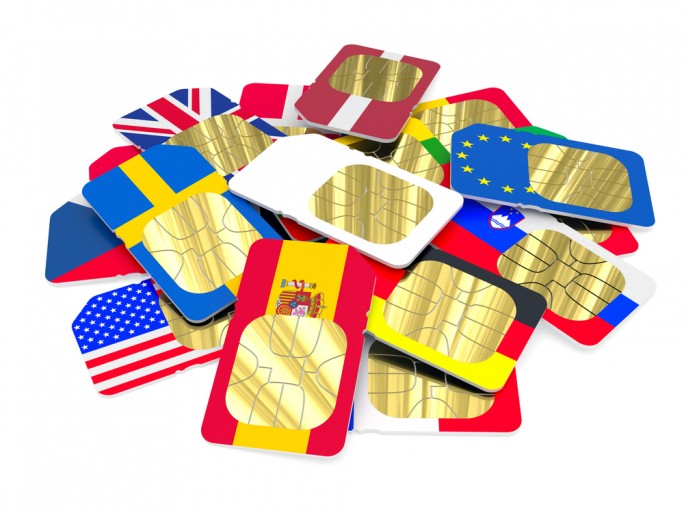Governments Want EU Roaming Charges To Stay Until At Least 2018

European governments oppose end to EU roaming charges and don’t give net neutrality their full backing, going against the European Parliament
Roaming charges within the European Union (EU) might not be scrapped until 2018 after member countries decided they wanted to continue to let operators charge customers additional fees for using their mobile phones abroad.
The decision puts European governments on collision course with the European Parliament, which has voted to abolish roaming fees for calls, texts and data by as early as December.
However the European Council of the European Union, which represents member states governments, has instead proposed an alternative system which would impose no additional charges for calls, texts and data “within certain limits to be determined.”
Roaming resistance
 After this limit has been exceed, operators would be free to impose charges, but the Council promises these would be cheaper than before. It has been suggested that the limit proposed might be as low as 5MB per day – an allowance that would only permit an extremely limited number of smartphone applications.
After this limit has been exceed, operators would be free to impose charges, but the Council promises these would be cheaper than before. It has been suggested that the limit proposed might be as low as 5MB per day – an allowance that would only permit an extremely limited number of smartphone applications.
An open later signed by 100 MEPs has urged the governments to reconsider.
“Without a strong Telecoms Single Market, the much needed Digital Single Market cannot flourish,” it reads. “The European Parliament urged an end to roaming charges by the end of this year (2015). We consider proposed delays by 3 years (2018), or a suggestion to allow for 5 MB without charges per day, to lack ambition. Such outcomes will undoubtedly seriously disappoint citizens. The gap between ending roaming charges, and 5 MB per day is immeasurably large.”
Existing legislation has incrementally reduced the amount operators can charge customers for using their phone in another member state, with the European Commission (EC) arguing that a single European telecoms market is essential for the economic development of the union.
Some operators have resisted the planned changes because of the revenues roaming brings, but the EU says a single market brings plenty of new business opportunities and has urged networks to take advantage rather than rely on outdated models.
Net neutrality
 It is not only the issue of roaming that is likely to cause conflict. European governments have also refused to give their backing to more flexible net neutrality rules than the ones recently agreed on by the US Federal Communications Commission (FCC).
It is not only the issue of roaming that is likely to cause conflict. European governments have also refused to give their backing to more flexible net neutrality rules than the ones recently agreed on by the US Federal Communications Commission (FCC).
In its proposals, the European Council says slowing down or blocking specific content would be prohibited “with only a limited number of exceptions and only for as long as it is necessary.”
“For instance, customers may request their operator to block spam,” it explains. “Blocking could also be necessary to prevent cyber attacks through rapidly spreading malware.”
The provisions would also allow service providers to prioritise certain services over others: “As regards services other than those providing internet access, agreements on services requiring a specific level of quality will be allowed, but operators will have to ensure the quality of internet access services.
“National regulatory authorities will play a key role in ensuring that telecom companies and operators respect the rules on open internet. For this, they will receive guidance from the Body of European Regulators BEREC.”
The European Council claims that national regulators will play a key role in ensuring the proposed regulations aren’t abused, but this is not enough to appease the 100 MEPs who signed the open letter.
“Weakened proposals on net neutrality go against the European Parliament’s repeated calls for clear definitions,” continued the letter. “We must ensure consumers are protected, innovative startups can develop and competition on the open internet is fair.”
Are you up to speed on 4G? Try our quiz!